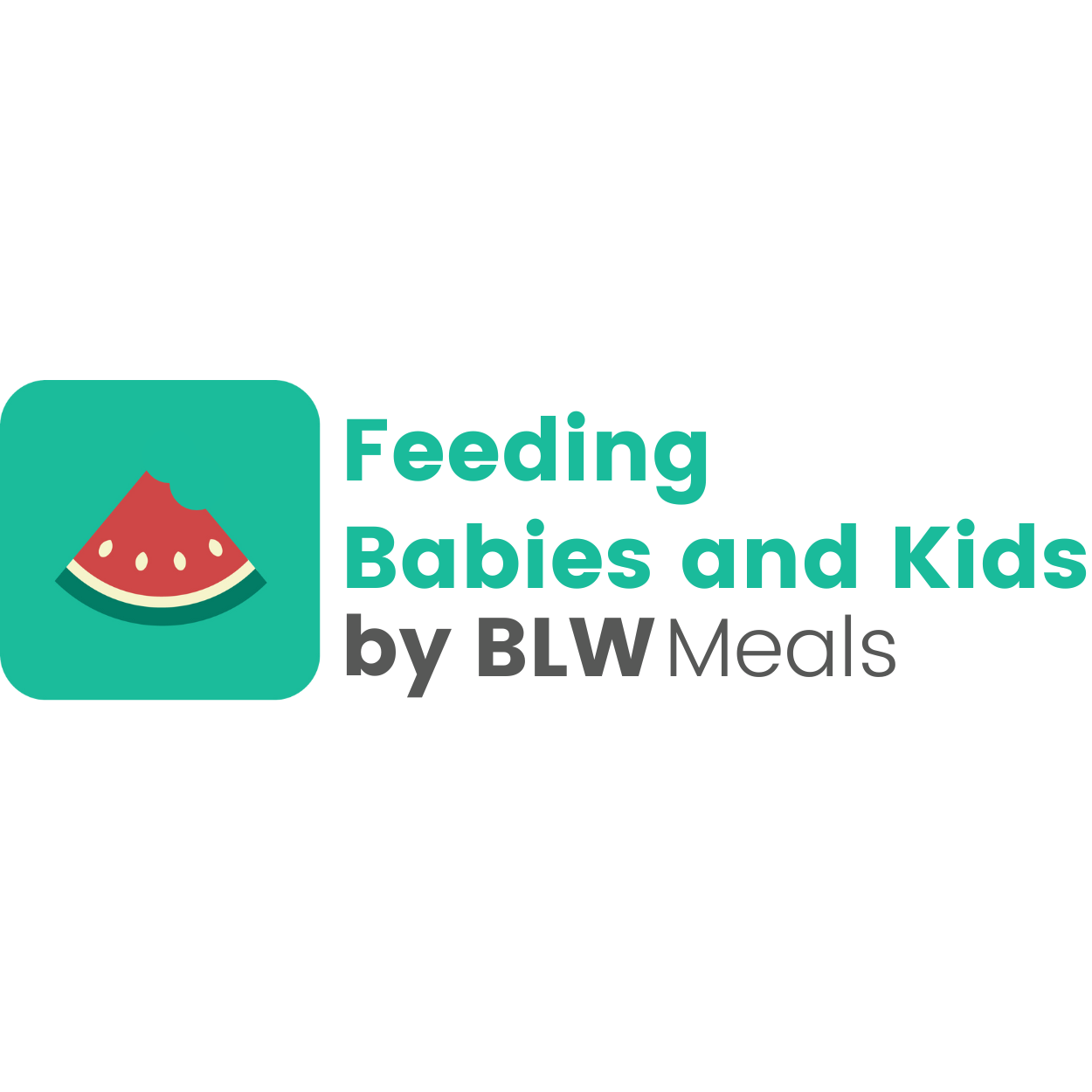
Starting solids is an exciting milestone, but it can also come with a lot of questions about introducing foods. One of the most common concerns parents have is about when certain foods can be safely introduced. While recommendations may vary slightly by country or culture, evidence-based guidelines provide a helpful framework to support your baby’s nutrition and development in the first year and beyond.
From around 6 months of age, most babies are developmentally ready to begin solids alongside breastmilk or formula. At this stage, common allergens such as eggs, peanuts (in safe forms like thinned peanut butter or finely crushed peanuts), fish, and shellfish can be introduced. Introducing foods like these does not need to be delayed and can actually help reduce the risk of allergies when introduced early and often.
Dairy products like yogurt and cheese made from cow’s milk are also suitable from 6 months in the U.S. and Canada. However, cow’s milk as a drink should not be given until 12 months, as it lacks the appropriate nutrients for infants and can displace more essential feeds. Plant-based milks (such as soy, oat, almond, or pea milk) can be used in cooking from 6 months, but they should not replace breastmilk or formula unless advised by a healthcare professional.
Be Mindful When Introducing Foods Like These
There are a few items that require more caution. Honey should be strictly avoided before 12 months due to the risk of infant botulism, a rare but serious illness. Added sugars—whether white, brown, or raw—should be avoided before age 2. Babies’ nutritional needs are best met through whole, unprocessed foods without sweeteners. Similarly, juice (even 100% fruit juice) is best postponed until after age 2 and should be limited to no more than 4 ounces per day, if offered at all.
Salt is another ingredient to use with care. Babies’ kidneys are still developing, and excessive sodium can be harmful. It’s best to avoid adding salt to your baby’s food in the first year. Many foods already contain natural sodium, and babies don’t need extra seasoning to enjoy new tastes.
Introducing solids is about building positive food experiences. Offering a wide variety of textures and flavors, while respecting your baby’s cues and safety when introducing foods, helps lay the foundation for healthy eating habits that can last a lifetime.
Learn more about introducing foods in BLW Meals app.


Leave a Reply